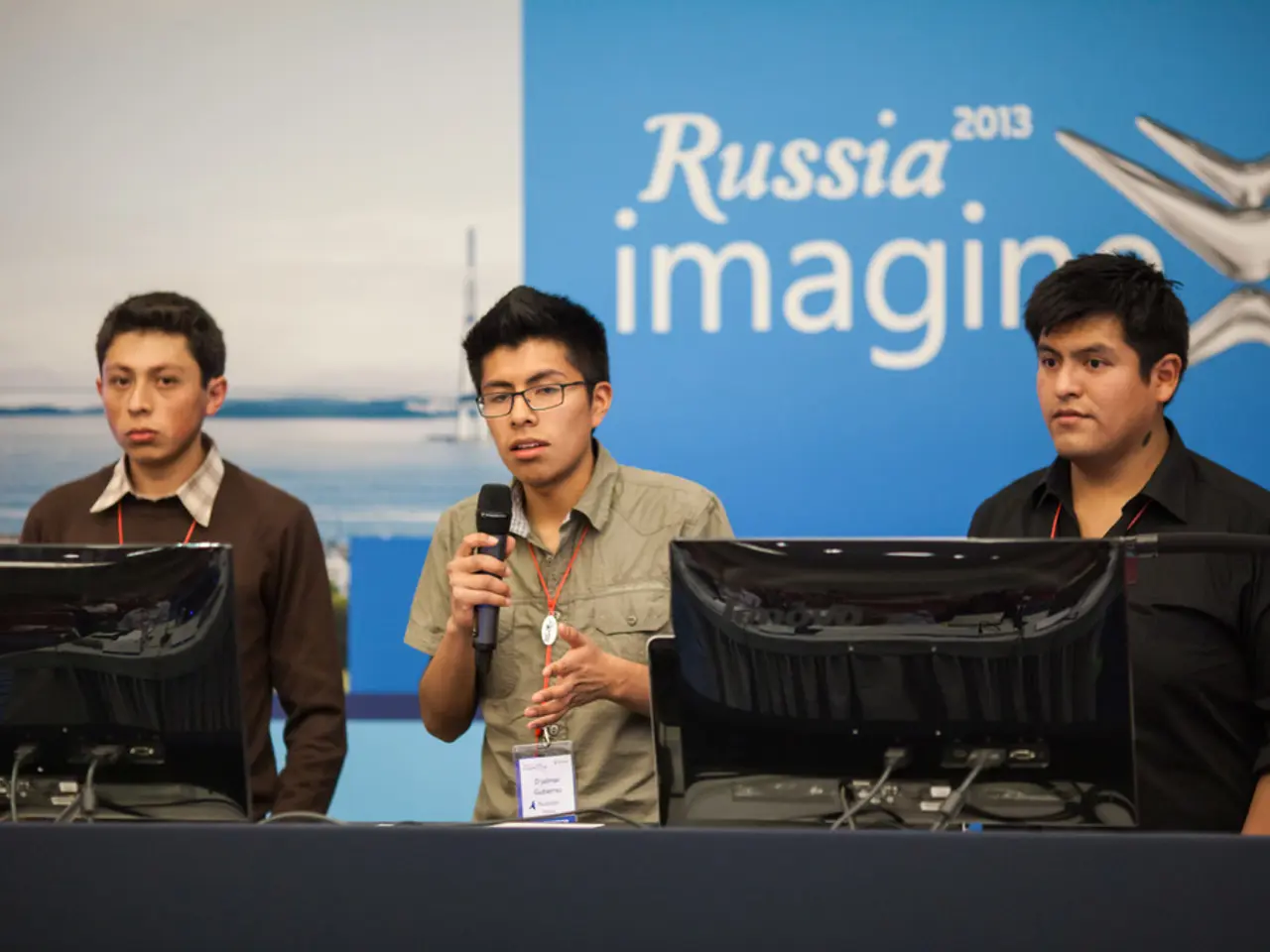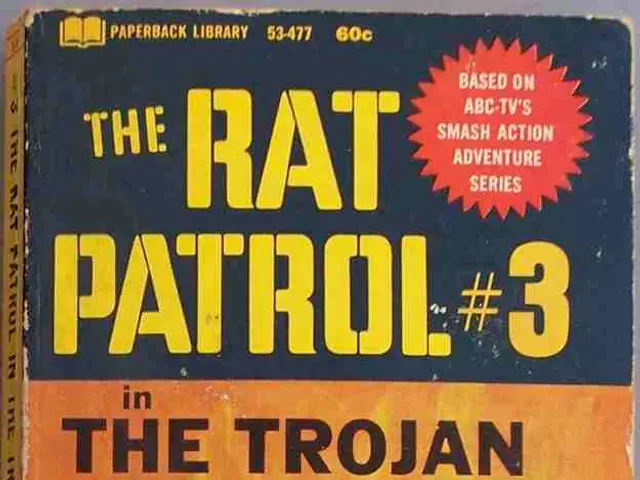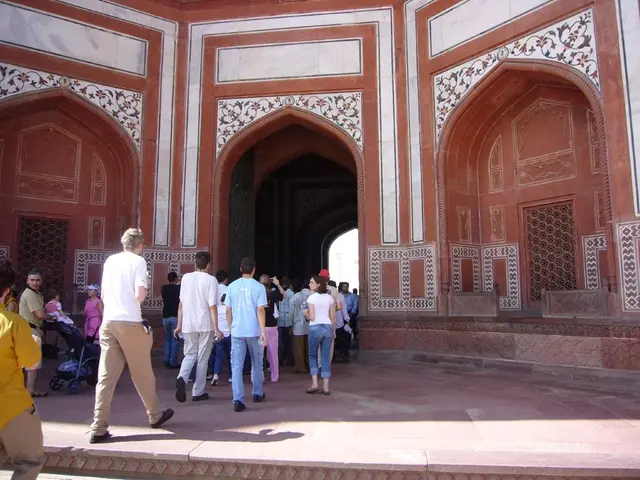"Vladimir Putin's comprehension of the 'nation state' principle seems to be lacking entirely."
In a thought-provoking debate hosted in a Berlin city center locale, historians Egon Flaig and Roger Köppel addressed uncomfortable questions about the roots of the Ukraine war. The discussion, moderated by Dieter Stein, chief editor of JUNGE FREIHEIT, aimed to shed light on the complexities of the ongoing conflict.
Historian Egon Flaig argued that the Ukrainian government made 'serious mistakes' before Russia's invasion in 2022, with internal political conflicts being a significant issue. He warned against basing negotiations or the resolution of the war on Russian security interests, as they may shift based on power dynamics.
On the other hand, Swiss Weltwoche publisher Roger Köppel suggested taking Russian security interests seriously, ensuring Ukraine does not join NATO, and not stationing Western troops in Ukraine that could pose a threat to Russia. He stated that the initial requirement for the Ukraine war was NATO's eastward expansion, implying that both Russia and NATO are aggressors in the matter.
The debate touched on the controversial topic of NATO's eastward expansion, which includes former Eastern Bloc states such as Slovakia, which joined NATO in 2004, alongside others like Poland, Hungary, the Baltic states, and later Ukraine was being prepared for membership. Russia views this expansion as a direct threat to its security and influence, especially concerning Ukraine, which it sees as pivotal for its geopolitical power and access to the Black Sea.
Flaig, however, sees the 'sin' in the interference in the Kosovo war, not in NATO's eastward expansion. He criticized the EU for being politically incapable and a 'hodgepodge of states with differing interests and without a consensus on values.'
The debate also addressed the question of Ukraine's independence. When asked if Ukraine is an independent nation, Köppel hesitated and said it's for the Ukrainians to decide, while Flaig stated that Ukraine will exist in this war.
Prominent figures such as former defense minister Rupert Scholz and writer Friedrich Dieckmann were in attendance, contributing to a lively discussion. Köppel remains optimistic, hoping that reason will prevail, and notes that recent elections in Europe have shown the replacement of 'not-so-brilliant politicians.' He expressed a desire for more neutrality, modeled after Switzerland, but acknowledges that not all countries can or want to be neutral.
The war in Ukraine is polarizing German society, including the conservative spectrum. Despite the differing opinions, the debate served as a platform for open discussion and a deeper understanding of the complexities surrounding the Ukraine war.
Read also:
- United States tariffs pose a threat to India, necessitating the recruitment of adept negotiators or strategists, similar to those who had influenced Trump's decisions.
- Weekly happenings in the German Federal Parliament (Bundestag)
- Southwest region's most popular posts, accompanied by an inquiry:
- Discussion between Putin and Trump in Alaska could potentially overshadow Ukraine's concerns








